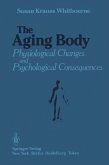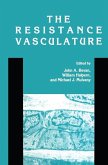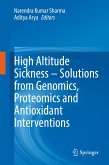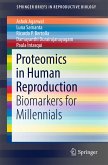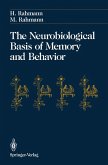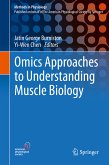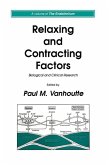The advent of molecular techniques has shifted the focus of physiology from its traditional role as an integrative science concerned with the study of regulatory mechanisms leading to adaptation and homeostasis, to a field preoccupied with the problems and challenges inherent in those techniques. In Integrative Physiology in the Proteomics and Post-Genomics Age, internationally recognized researchers highlight the major questions and accomplishments of modern physiological research and demonstrate that modern molecular methods can well be incorporated and strengthen the original integrative perspectives of physiology set out by Claude Bernard's concept of the "milieu interieur." Among the critical issues discussed are the place of functional genomics in regulatory physiology, the role of model systems in integrative physiology, the function of neural circuits in behavior and consciousness, and the influence of external challenges to the whole body and the environment on genes. The question of integrative physiology in curriculum design for the health sciences is also discussed. Perceptive and timely, Integrative Physiology in the Proteomics and Post-Genomics Age bridges the gap between molecular biology and whole body function, establishing the future of physiology as an integrative science based on new molecular insights.
Dieser Download kann aus rechtlichen Gründen nur mit Rechnungsadresse in A, B, BG, CY, CZ, D, DK, EW, E, FIN, F, GR, HR, H, IRL, I, LT, L, LR, M, NL, PL, P, R, S, SLO, SK ausgeliefert werden.



